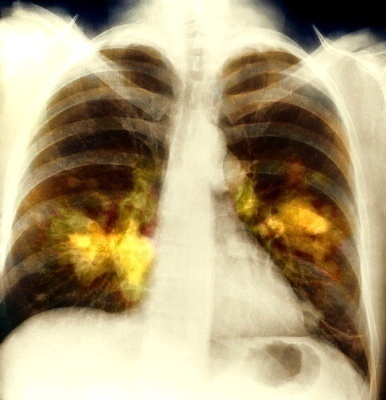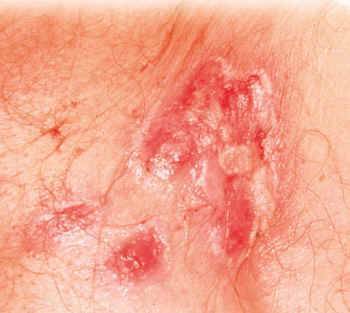Cancer Treatment
There are a lot of options when it comes to cancer treatment and management. Some of the options are radiation therapy, chemotherapy, immunotherapy, surgery, and monoclonal antibody therapy among others. The type of treatment to be used depends on the stage of the disease and the grade and location of the tumor. Another thing that a physician will also consider is the patient’s general health.
Radiation Therapy
This type of cancer treatment is also known as radiation oncology or radiotherapy. This type of treatment uses ionizing radiation in order to control malignant cells. Radiation oncology is often used to treat malignant tumors. It is also used for symptomatic relief or local disease control. Patients who are to undergo bone marrow transplants undergo total body irradiation.
Radiation oncology or radiation therapy is also used to treat non malignant tumors or conditions. These said non malignant conditions include severe thyroid eye disease, trigeminal neuralgia, pigmented villonodular synovitis, pterygium, and prevention of the growth of keloid scars and heterotopic ossification. Take note that there is a risk of radiation induced cancers when this treatment is used for non-malignant cases.
Chemotherapy
As anyone may have guessed, when we say chemotherapy, we refer to a type of cancer treatment that uses chemicals. Chemicals are used to kill both cancerous cells and micro-organisms. This form of therapy uses one or a combination of antineoplastic drugs.
These antineoplastic drugs actually kill all cells that divide rapidly. This is one of the main characteristics of cancer cells. However, there are body cells that naturally divide rapidly under normal circumstances. Simply put, this means that even normal and healthy cells are also harmed as long as they demonstrate such a characteristic. Cells from a patient’s hair follicles, bone marrow, and digestive tract are also harmed using this type of cancer treatment.
Surgery
The main goal of surgery in cancer treatment is to remove the cancer while preventing damage to the rest of the patient’s body. No matter how promising this procedure may sound, remember that it has certain limitations. For instance, cancers have the tendency to spread to distant sites or even invade adjacent body tissues. This basically limits the effectiveness of surgery as a method of treatment.
Immunotherapy
This type of cancer treatment basically involves either suppressing or stimulating the body’s natural immune response. The active agents used in this type of treatment are immunomodulators. Among the many treatments used for cancer, this one offers quite an attraction in the form of having fewer side effects compared to the other modes of treatment.
The approach involved in cancer immunotherapy is to allow the body destroy or reject tumors by stimulating its immune system. Various substances are used in this form of treatment. For example, to destroy basal cell cancers, warts, vaginal intraephithelial neoplasia, and actinic keratoses, an immune enhancement cream is applied topically to increase the amount of killer T cells.
Multiplicity of Possible Treatments
The type of treatments to use will depend on a multiplicity factors that doctors have to consider. You may have heard of biological therapies, angiogenesis inhibitors therapy, bone marrow transplants, lasers, and targeted cancer therapies. Patients should work with their physicians in order to ascertain the best possible options.






